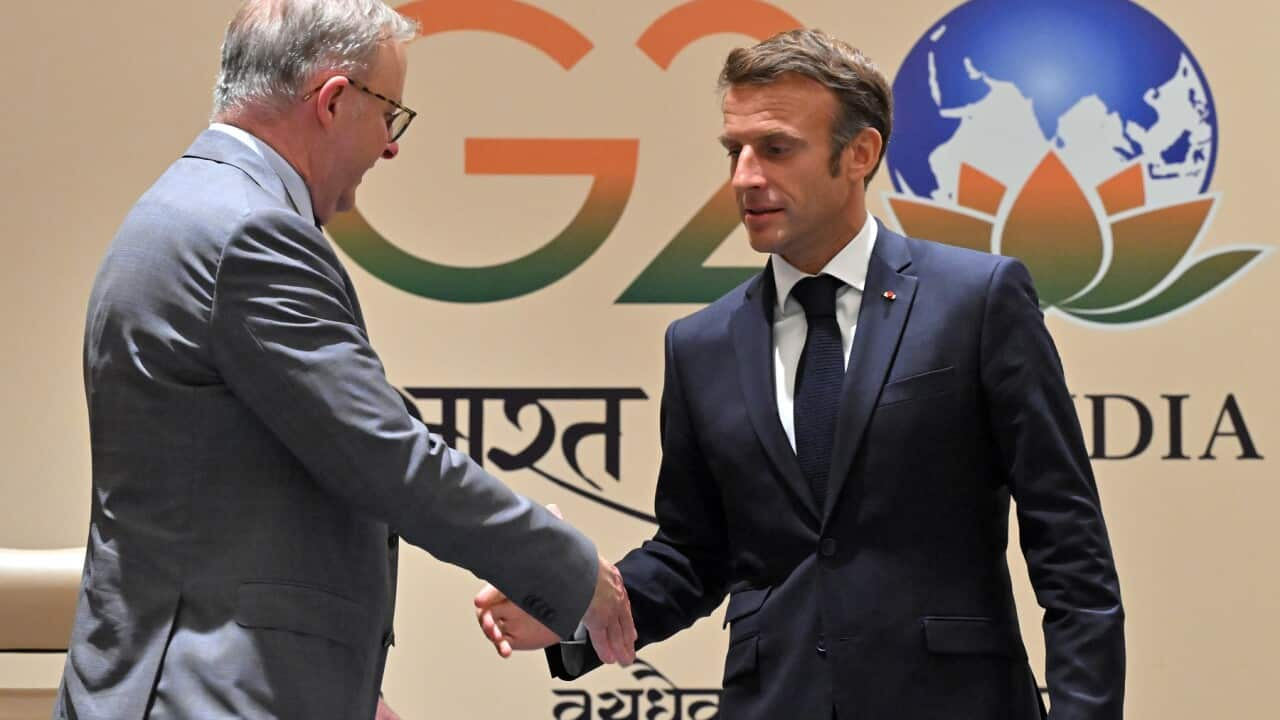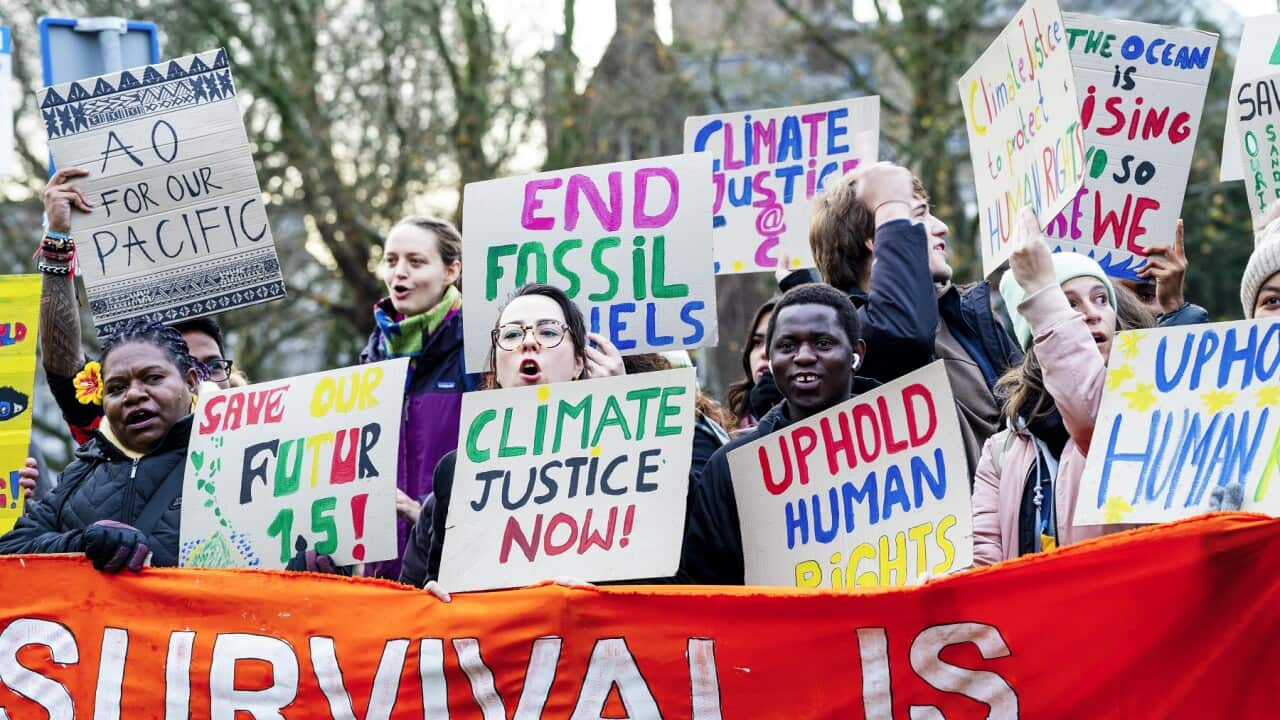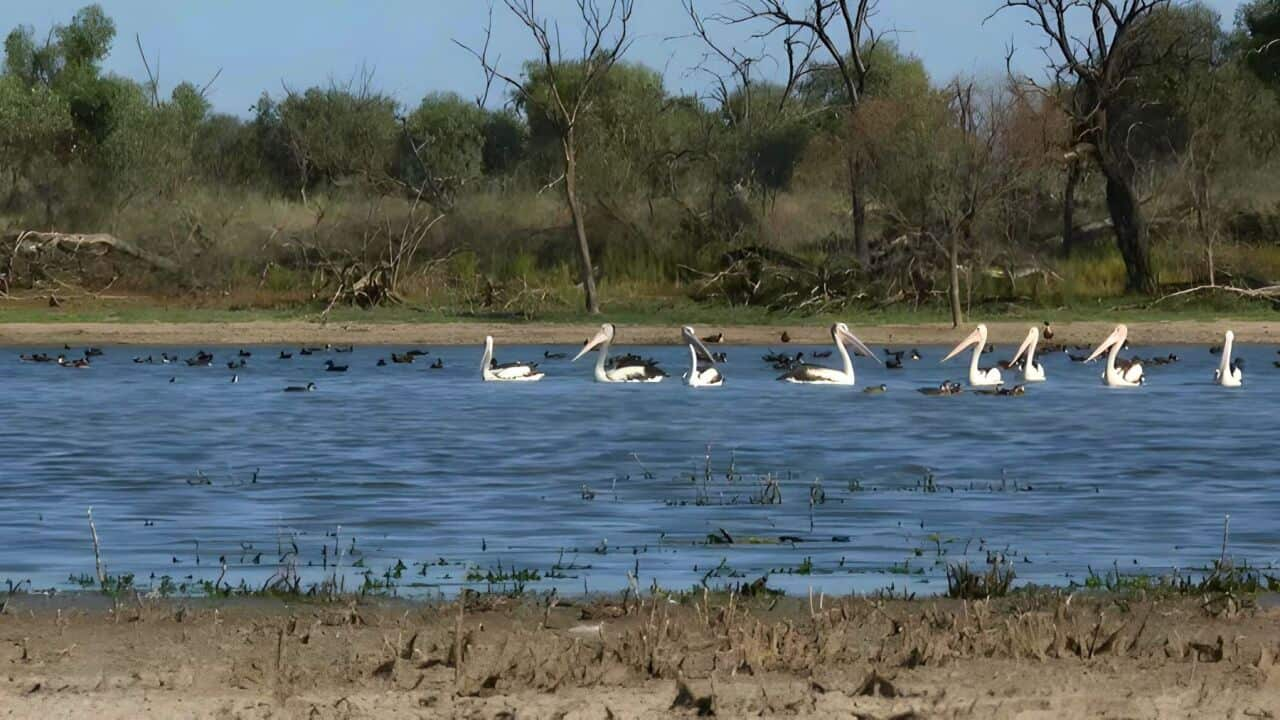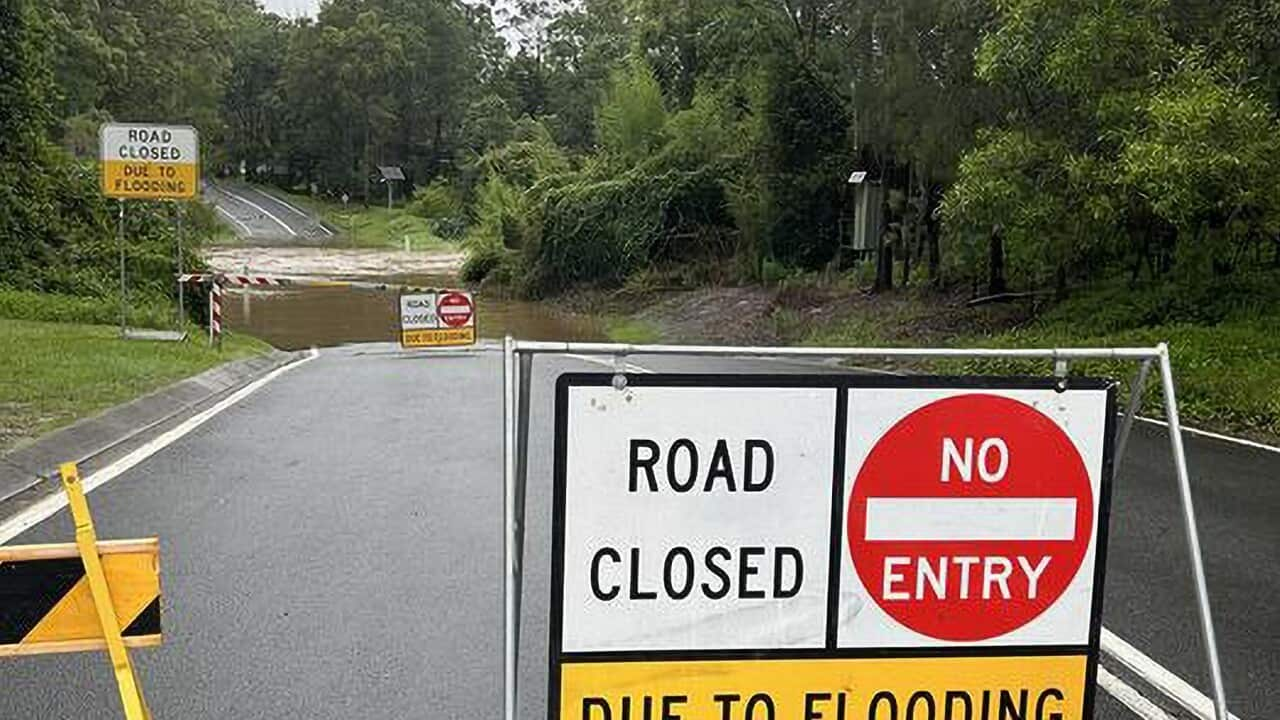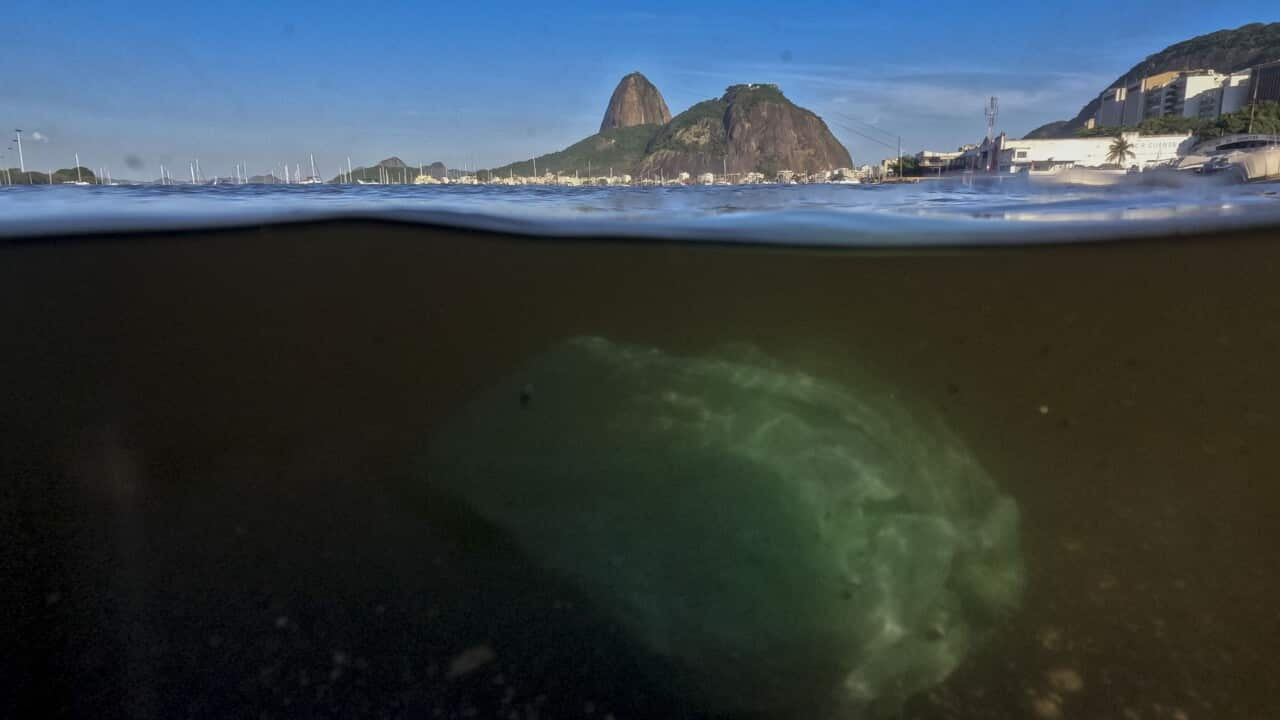TRANSCRIPT :
For leaders jetting into the G20 Summit in New Delhi, there was important business to discuss.
Some concerned immediate needs, like how to help survivors of Morocco's powerful and increasingly deadly earthquake.
Germany's Chancellor Olaf Scholz says support is being organised.
"Germany has already mobilised the Federal Agency for Technical Relief (THW) and we will do the best we can to contributing help to anyone who needs it and can be helped."
There were also longer term issues to be worked through.
A leaked copy of the leaders agreement - the Delhi Declaration - left the Ukraine section entirely blank, as the summit struggled to find consensus on what to say about the invasion.
But ultimately, as British Prime Minister Rishi Sunak confirmed, a consensus was reached.
"The news that we've just had, which I'm happy to share, is that under Prime Minister Modi and India's presidency, the G20 have agreed a joint communique with very strong language about Russia's illegal war in Ukraine."
The G20 statement denounces the use of force for territorial gain.
Russia welcomed the statement, calling it "balanced", while Ukraine’s foreign ministry criticised the statement for not explicitly mentioning Russia’s invasion.
Olaf Scholz says it's been easier said than done to focus attention on other issues - though it's obvious their destiny is intertwined.
"What cannot be not talked about is the Russian war of aggression against Ukraine and the destruction it is wreaking in Ukraine, but also the question of the world economy. Many people everywhere are suffering from the higher prices that are the consequence of the war, from energy shortages, to food security which is now being affected by the war. And that is why it is important that once again clear words have been found here that make it clear that the territorial integrity of a state such as Ukraine cannot simply be called into question as a result of an act of aggression by a neighbour."
The G20 summit has also been the ideal stage for major announcements, like this one from Israeli Prime Minister Benjamin Netanyahu.
"Israel is at the centre of an unprecedented international project, a project that will connect infrastructure between Asia and Europe. This connection will fulfil a long-standing vision that will change the face of the Middle East, the face of Israel, and will also affect the entire world... Our railways and seaports will open a new gateway from India, through the Middle East to Europe, and also back - from Europe to India, through Jordan, Saudi Arabia and the United Arab Emirates."
The deal is being seen as a way for President Joe Biden to counter China's Belt and Road push on global infrastructure, and pitch Washington as an alternative partner and investor for developing countries at the G20 grouping.
But the president is also selling it as a win for low and middle-income countries in the region that will give a critical role in global commerce to the Middle East.
"It’s a project that is about far from just laying tracks. It’s about creating jobs, increasing trade, strengthening supply chains, boosting connectivity, laying foundations that will strengthen commerce and food security for people across multiple countries. This is a game changing regional investment and both of these are huge, huge steps forward."
Enter Australian Prime Minister Anthony Albanese.
Australia has been locked in its own negotiations, with the European Union, on trade.
The prime minister has held formal talks with French President Emmanuel Macron on the sidelines of the G20 summit, with the pair discussing the steps needed for a finalised trade agreement before any E-U elections that could delay a deal even further.
He's met with other leaders as well and says he's been encouraged by those talks.
"Ursula von der Leyen was quite positive, but we will wait and see the issues, and our officials have continued to have discussions. But I would like to see the Australia EU Free Trade Agreement settled as soon as possible."
With Australia keen to harness renewable energy to grow the economy, Anthony Albanese has used a closed door intervention to deliver a message on climate change to world leaders, promising Australia would step up and play its part.
He's also delivered an address on the last day of the summit, with a call to urgent action – for the climate and for economic cooperation throughout the world."There is no debate globally about the science of climate change. The science is settled. The debate at these forums is about what actions should be taken, and how the world can move forward together."
It's a message that the UN secretary general, Antonio Guterres, says the international community cannot afford to ignore.
He says the G20 collectively is responsible for 80 percent of global emissions, and they have to understand how serious the climate crisis has become.
"We have no time to lose. Challenges stretch as far as the eye can see. The climate crisis is worsening dramatic, but the collective response is lacking in ambition, credibility and urgency.... Half measures will not prevent full climate breakdown."
